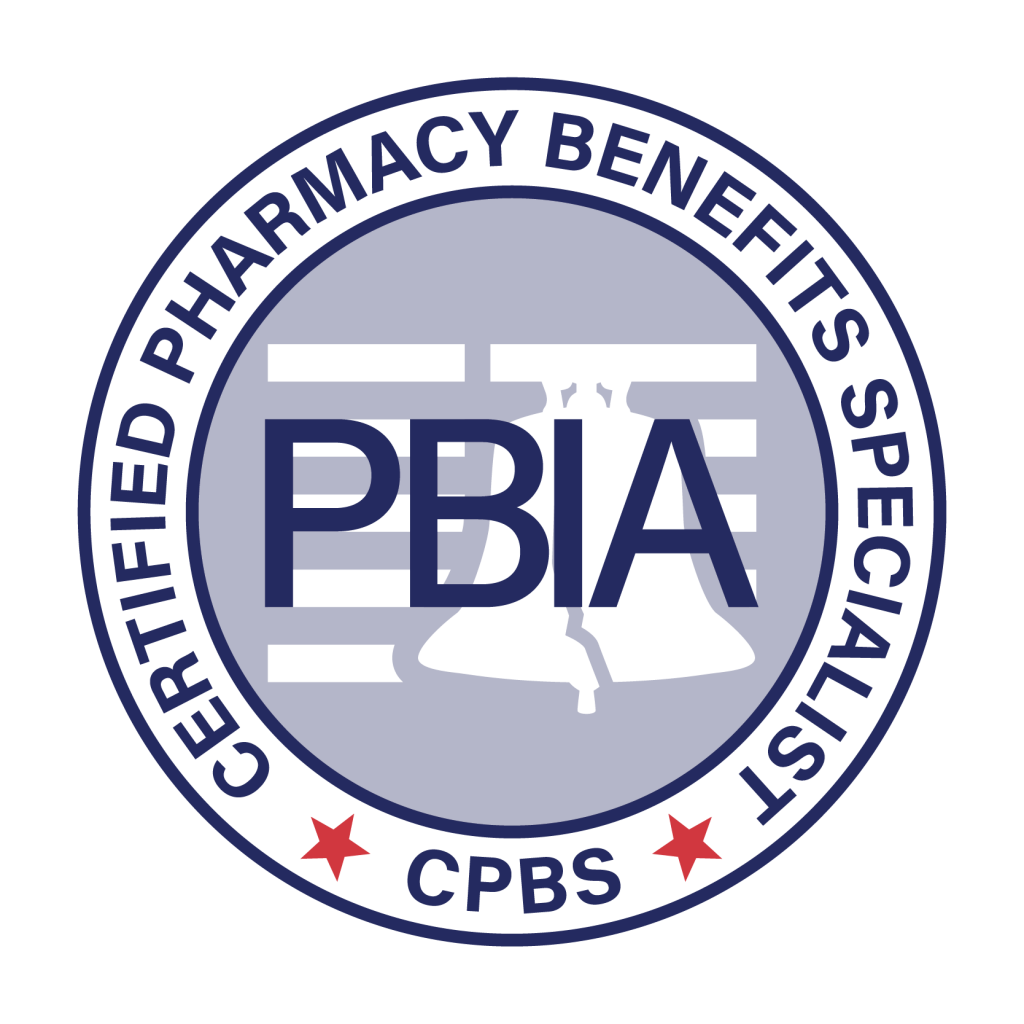Anti-competitive PBM Practices Harming Patients, Payers, and Pharmacies, APCI Tells FTC and other notes from around the interweb:
- Federal Judge Strikes Down CMS’ Medicaid Copay Rule, Handing Drugmakers Major Win. In 2021, the pivot to biosimilar preference was significant and rapid. Beyond the increased numbers of new biosimilar approvals and launches, important new biosimilars were approved, and use of biosimilars increased in 2021, beginning with the FDA decisions to give interchangeability designations to two biosimilars. The interchangeable designation speeds up access by allowing pharmacies to dispense biosimilars in place of “originators” — the brand-name products that the biosimilars are copies of — without physician consent. Interchangeable status was granted for biosimilars of Lantus (insulin glargine) and Humira (adalimumab), although the Humira biosimilars won’t be on the market till next year.
- Anti-competitive PBM Practices Harming Patients, Payers, and Pharmacies, APCI Tells FTC. In addition to urging the FTC to act against PBMs in its comments, APCI also included a laundry list of examples of commonly used PBM practices that are harmful to patients, taxpayers, and small businesses. The co-op detailed practices such as drug coverage decisions that force patients to obtain far more expensive brand-name medications when cheaper generic medications are available; utilizing secretive reimbursement methods that inflate prescription drug prices; and steering patients to PBM owned/affiliated mail order pharmacies, specialty pharmacies, and retail pharmacies.
- CMS Finalizes Changes to Pharmacy DIR in Part D Starting with Contract Year 2024. Changes in the final rule mean that pharmacies will be able to see, at the point of sale, the “lowest possible reimbursement” for a Part D drug, which will now reflect any pharmacy price concession in that value. CMS states the final rule is a win for patients who will see lower out-of-pocket costs at the pharmacy, which it estimates to save patients over $26 billion between 2024 and 2032. Some pharmacy advocates also claim the final rule is an important step to bring transparency to pharmacy negotiated prices.
- $350 Billion in Health Care Rebates Go to Middlemen. In 2021, my company, Sanofi, paid more than $14 billion – about 50 cents of every dollar we earned on our medicines – in discounts and rebates to these middlemen with the purpose of ensuring patients can get the medicines they need at the lowest possible price. We’ve been transparent with this data for several years and updated it in our just released annual Pricing Principles report. Across the entire industry, the figure that was paid by manufacturers in 2021 in rebates and discounts was $350 billion. That’s more money than the NFL made, in total, over the course of Tom Brady’s 22-year career.
